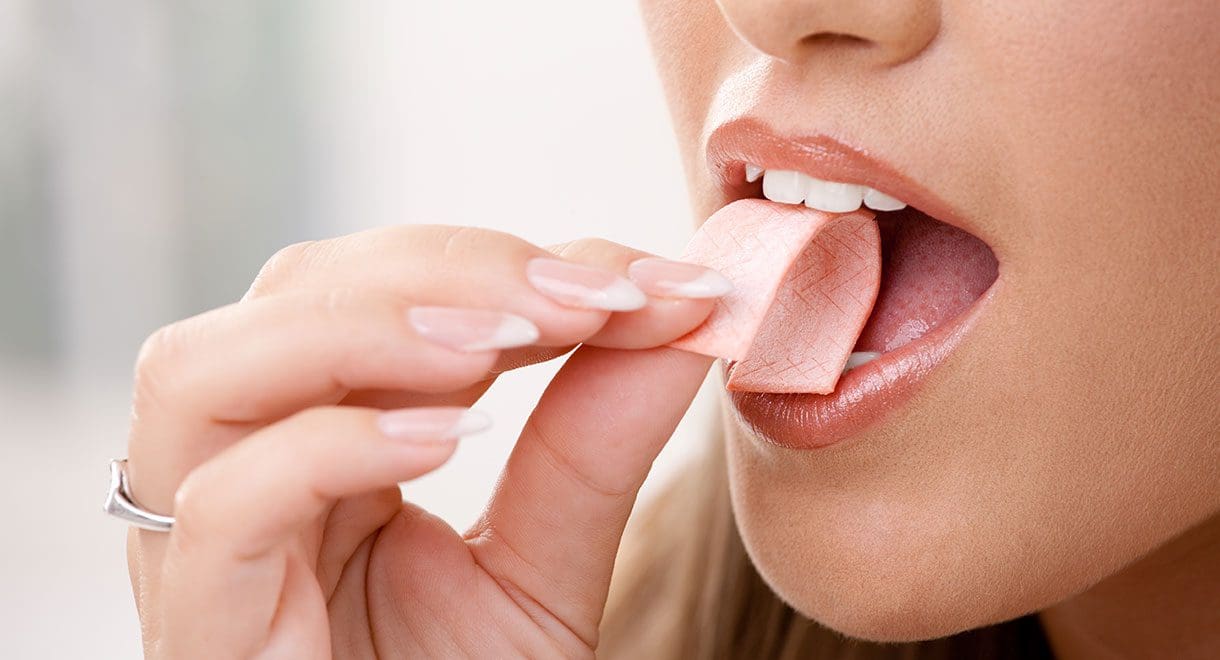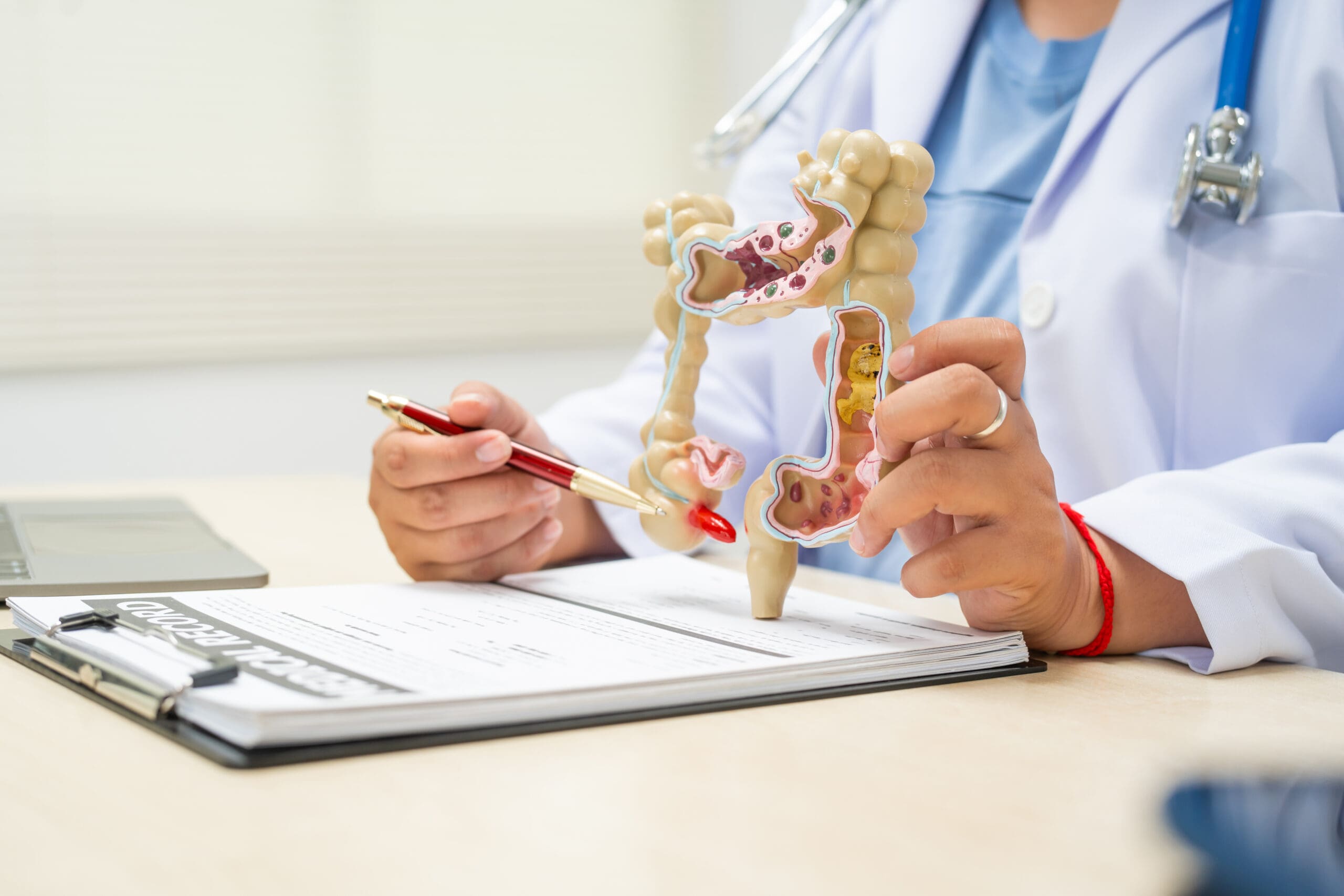5 causes and solutions for bad breath
By naturopath Margaret Jasinska
Bad breath is a common problem. You’ve probably met a lot of people with bad breath, and hope it never happens to you. It can be acutely embarrassing and very distressing, but it’s also an important indicator of a health problem.
A lot of people think bad breath is always caused by problems in the mouth, and they spend time and money on mouth wash and breath sprays. This can mask the problem temporarily but it will return unless the underlying cause is dealt with. The medical term for bad breath is halitosis. It is often caused by problems further down the digestive tract, such as the stomach and liver. Sometimes it’s just an indicator that your body is in need of a detox; particularly after a period of overindulgence.
Here are 5 things that can cause bad breath

1. Tooth and gum problems
Brushing your teeth twice a day is critical for keeping your teeth and gums healthy. Most people brush their teeth while in a hurry, and while thinking about a dozen other things. Try to focus on what you are doing. Be thorough but gentle. Do your gums bleed while you brush or floss? Do your gums often feel sore or look red and inflamed? It’s important to get familiar with your mouth; the way it looks and feels. Problems in the mouth can be indicators of nutrient deficiencies. Vitamin C deficiency is the most common cause of bleeding gums, and vitamin D deficiency is a common cause of gum disease. It’s important to see a dentist regularly for check ups. Chronic infections of the gums can lead to bad breath, but they will also spill bacterial toxins into your bloodstream and raise the risk of serious diseases such as heart attacks. Chronic gum infections also raise the likelihood you’ll lose your teeth in old age.

2. Poor digestion in the stomach or intestines
Digestive problems are very common, particularly in people who are stressed or rushed while they eat. If you have a food sensitivity, such as to gluten, wheat or dairy products, you are likely to have poor digestion. If you are taking stomach acid blocking drugs for reflux or an ulcer, the lack of stomach acid will impair your digestion and absorption. If you cannot break down your food thoroughly and absorb it, it will provide food for all sorts of harmful gut microbes. This includes bad bacteria, yeast and parasites.
Firstly it’s important to eat in a slow and calm manner, and chew your food well. Apple cider vinegar helps to increase the acidity in your stomach. This improves digestion, and also reduces the risk of bacterial overgrowth in the small intestine.

3. An unhealthy liver
An unhealthy liver can be the cause of shockingly bad breath. You will know this if you’ve ever smelled the breath of someone with a hangover. Even if you never drink alcohol, your liver may be responsible for giving you bad breath, particularly first thing in the morning. If your diet isn’t perfect, and if you’re carrying some extra weight around your belly, chances are you have a fatty liver. This impairs the liver’s ability to cleanse and detoxify your body.
If it has been a long time (or never) since you put yourself on a cleanse, you may benefit from following the eating plan in The Liver Cleansing Diet book.

4. Sinus infections
Sometimes bad breath originates from infections in the sinuses, which drip infected mucus down the back of the throat. The infected mucus enters the stomach and typically there is insufficient stomach acid to kill the bacteria. Patients like this are commonly prescribed antibiotics, which harm the intestinal microbiome, and eventually promote digestive and liver problems. So you can see that overcoming and preventing sinus infections is important for long term good health. There are natural herbal remedies containing oregano, thyme and cloves, which help to keep your sinuses healthy.

5. Dry mouth
Saliva contains antimicrobial substances, and it helps to wash away excessive bacteria from your teeth and gums. If you don’t produce enough saliva, bacteria can multiply in much greater quantities and release toxins that can harm the teeth and gums. Having a dry mouth is common in people with an autoimmune disease and it’s a common side effect of several different medications. It’s quite a frequent problem among older individuals.
Drinking more water is one way to manage it. Try to swish the water around your mouth for a few moments before swallowing. Chewing gum is a good way to encourage greater saliva production but it’s important to avoid sugar and artificial sweeteners. Xylitol sweetened chewing gum is preferable because xylitol actually has dental benefits including the inhibition of plaque formation.
I hope these tips will help to keep your breath fresh.









Leave A Comment